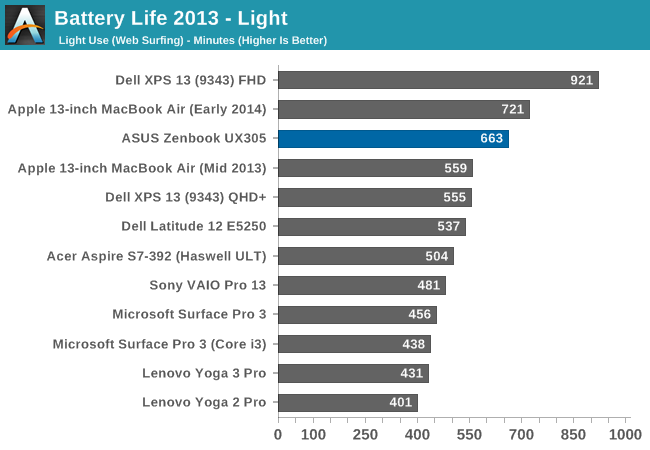The year is 1900. Physicists stumble into an efficient and safe method for generating nuclear fusion; more total power becomes available than is today. The process is simple enough to be provided locally and is impractical for bombmaking.
What happens (in technology, geopolitics, daily life, etc)? How does the world look by the year 2000?
What happens (in technology, geopolitics, daily life, etc)? How does the world look by the year 2000?



